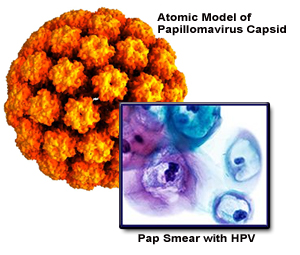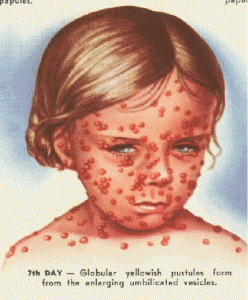To take the flu shot or not to take it becomes an issue as the northern winter and with it the flu season is approaching.
It has to be stressed that the influenza vaccine not only limits flu epidemics and saves lives. It is the only reliable protection available to protect all age groups. Of course it does not offer protection against the common cold, but it is a preventative weapon against many influenza strains that cause serious illness and death.
Dr. Robert Webster, a virologist and internationally recognized influenza expert recently quoted data from his laboratory at St. Jude’s Children’s Research Hospital in Memphis. He noted that the currently recommended seasonal influenza vaccines contain A/New Caledonia 20/99 that is an H1N1 virus. Its composition is very similar to the bird flu virus H5N1.
In animal experiments this immunization was given, after which the test animals were exposed to the highly lethal Vietnam 1203/04 strain of H5N1. The treated animals had a survival rate of 50%. Controls without the vaccination prior to exposure had a death rate of 100 %. There is indeed a basic cross-protection and people who take the current influenza vaccine 2006/2007 will have this partial protection against the bird flu should it suddenly become an epidemic. The bird flu (H5N1) has not made its appearance in the Americas.
Dr. Webster pointed out that the greatest concern is its entry through the illegal trade of animals. After drug smuggling, the smuggling of animals is probably the greatest illegal trade in the world and at the same time the most likely way in which the virus could come into the country and spread. The other concern is the entry of the virus through migratory birds.
References: The Medical Post, November 3, 2006, page 19
Last edited December 5, 2012









